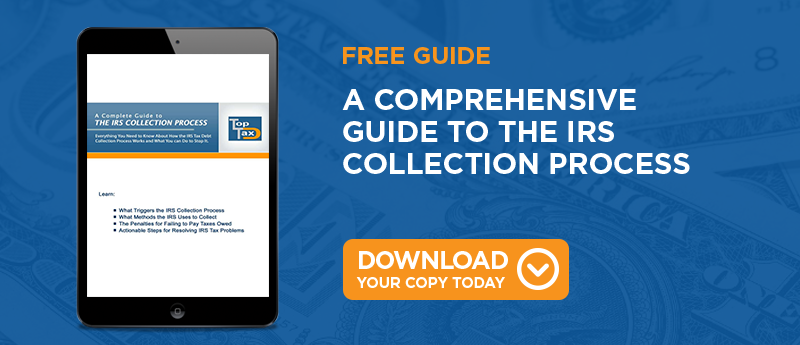
Being indebted to the IRS is never a pleasant experience. You know that time really can be of the essence in getting this debt resolved. When you need a bit more time to pay it off because you do not have the money on hand and need what money you earn to support your family and pay household expenses, you may wonder if the IRS would be willing to work with you until the obligation is paid in full. Rather than avoid paying your back taxes or hoping that the IRS will take the amount out of your next year's tax refund, you should consider an installment plan for these key reasons.
Having the Means to Pay the Amount
The IRS knows just as well as you when you have the money to pay off the debt over a set period of time. If you can indeed pay it, but just need a few months or years to do so, you can apply for an installment plan. An installment plan will give you anywhere from three to six years to pay off your back taxes, depending on how much you owe, and let you pay a reasonable amount each month.
When you choose this plan, you also get the peace of mind in knowing that your bank account will not be frozen and your assets will not be seized as long as you make payments each month. You can avoid having your wages garnished and any additional income claimed by the IRS for this debt. However, a guaranteed installment plan does not mean that your tax obligation will be interest free. You will still accrue interest each month until your account is settled.
Wanting to Stop Letters and Calls
When you owe the IRS money, you can expect to get IRS letters in the mail and phone calls at home or work. Indeed, the agency makes every attempt to contact you about your back taxes. When you want these communications to stop, you should set your account up on an installment plan.
Once the plan goes into effect, you can look forward to the letters and phone calls stopping. They will remain stopped unless you forfeit the agreement and stop making timely payments. If you have been afraid to answer the phone or go to the mailbox because of the IRS' attempt to contact you, you can regain some control over your life by setting up the debt on an installment plan.
Protecting Assets and Earnings
As stated, owing the IRS any money could result in your wages being garnished. Garnishments stay in effect until the debt is resolved entirely, even if you cannot afford for these payments to be coming out of your paycheck. Once they start, you have very few means to get the garnishments stopped. In fact, your employer must obey the garnishment order by the court and ignore your pleas for mercy.
However, once you are set up on an installment plan, you avoid the fear that your personnel manager is going to get a notice to garnish your paycheck for weeks or months on end. The IRS will leave your earnings alone as long as it gets its payment each month.
It will also avoid putting a lien on your savings account, investments and other assets. In fact, you can continue with your life as normal, enjoying access to your money and your property without restrictions, so long as you send in a monthly payment on your owed taxes.
Wanting to Abide by the Law
Even the most law-abiding citizens sometimes find themselves in default to the IRS. This situation can happen quite by accident and without any bad intentions at all. When you are notified that owe back taxes because of an oversight or filing error, you may want to remain on the right side of the law in this matter by paying it off satisfactorily.
However, when you do not have the money to pay it all off in one lump sum, you can still remain an honest and law-abiding citizen by applying for an installment plan. This agreement will give you the peace of mind that you are making amends and doing what is legally and morally necessary to pay your debt to the government.
Applying for an installment plan with the IRS is convenient and relatively simple to handle for most people. You can call the IRS at their toll-free customer service number. You can also go to the IRS website at IRS.gov and apply for an agreement online.
When you apply for an installment plan, you must clarify these details:
- How much you can pay each month on your tax obligation
- What day of the month you would like to send in or have the payment deducted
- What kind of payment method you prefer to use
You can submit the application online and then expect a letter from the IRS either accepting or rejecting the terms of your agreement.
The IRS makes every attempt to work with delinquent taxpayers. You can resolve your tax debt by applying for an installment payment plan.




